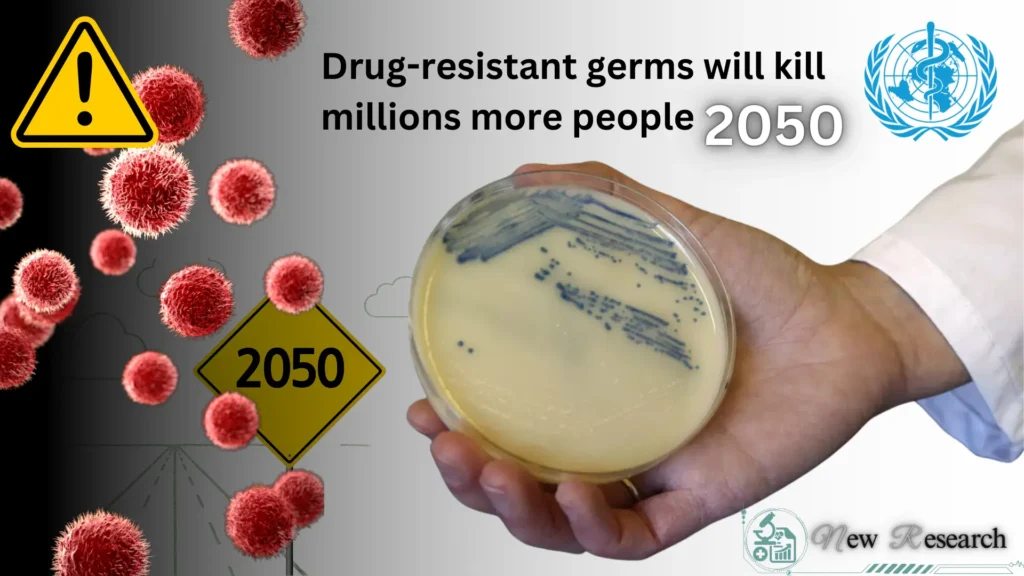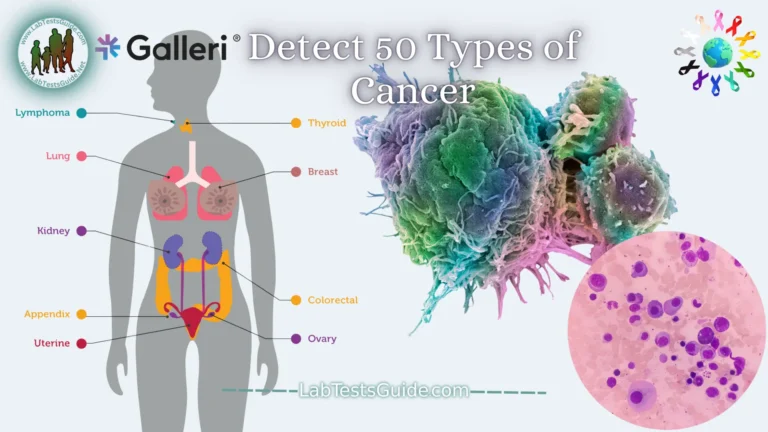Since the onset of the antibiotic era, dangerous pathogens have evolved rapidly, outpacing the development of effective treatments. Coupled with the misuse and overuse of antibiotics, these superbugs have gained a significant advantage, leading to an alarming rise in drug-resistant infections.

A recent report warns that unless new medications are developed and action is taken, “superbug” infections could claim nearly 2 million lives annually by 2050, marking a staggering 67.5% increase from the 1.14 million deaths recorded in 2021. Additionally, the report, published in The Lancet by the Global Research on Antimicrobial Resistance Project (GRAM), projects that over 8.22 million people will die of causes related to these infections by mid-century.
GRAM, a collaboration between the University of Oxford and the University of Washington School of Medicine’s Institute for Health Metrics and Evaluation, has produced the most comprehensive analysis of antimicrobial resistance (AMR) to date. The World Health Organization (WHO) has long recognized AMR as one of the top 10 global public health threats, and this new report was released ahead of an upcoming United Nations General Assembly meeting on the issue.
“The figures in this report reflect a catastrophic level of human suffering,” said Henry Skinner, CEO of the AMR Action Fund. “Failure to address this crisis will condemn millions of people to preventable deaths.”
According to the report, older adults will be disproportionately affected by AMR, with two-thirds of AMR-related deaths in 2050 expected to occur in individuals aged 70 or older. Between 1990 and 2021, deaths in this age group due to AMR surged by over 80%, as hospital-acquired infections continued to spread.
Geographically, the highest mortality rates from drug-resistant pathogens are anticipated in South Asia, Latin America, and the Caribbean, according to the report.
Despite the urgent need for new treatments, antibiotic development has lagged. Unlike drugs for chronic conditions, antibiotics are intended for short-term use, making them less financially attractive to pharmaceutical companies. Moreover, the most potent antibiotics must be used sparingly to prevent the emergence of further resistance.
In June, the WHO warned that only a few new antibiotics are in the global pipeline, and most of those lack the innovation necessary to combat the most dangerous microbes. Of the 32 antibiotics currently under development, only 12 employ novel approaches, with just four targeting pathogens deemed critical by the WHO.
Despite the grim forecast, the report’s authors emphasize that the worst-case scenario is avoidable. Improvements in vaccination, access to clean water, and sanitation have already cut AMR-related deaths among children under five by half between 1990 and 2021, even as drug-resistant infections have spread.
The GRAM report suggests that with improved infection control, accelerated drug development, and better antibiotic stewardship, up to 92 million lives could be saved between 2025 and 2050.
“If we take action now to ensure better access to antibiotics, especially in low- and middle-income countries, and invest in innovative drug development, we can save tens of millions of lives,” said James Anderson, chair of the AMR Industry Alliance.
This news article highlights the growing concern around AMR and the urgent need for coordinated global action to address it.
By Corinne Purtill
Los Angeles Times
References:
- Global burden of bacterial antimicrobial resistance 1990–2021: a systematic analysis with forecasts to 2050 – https://doi.org/10.1016/S0140-6736(24)01867-1 – (Accesses on Sep 20, 2024)
- Global burden of bacterial antimicrobial resistance 1990–2021: a systematic analysis with forecasts to 2050 –The Lancet– (Accesses on Sep 20, 2024)
- Drug-resistant germs will kill millions more people in coming decades, researchers warn – By Corinne Purtill (Los Angeles Times) | The Seattle Times – (Accesses on Sep 20, 2024)
- Drug-resistant germs will kill millions more people in coming decades, researchers warn – By Corinne Purtill (Los Angeles Times) | Los Angeles Times – (Accesses on Sep 20, 2024)
- Drug-resistant germs will kill millions more people in coming decades, researchers warn – Corinne Purtill – Los Angeles Times (TNS) | Hastings Tribune – (Accesses on Sep 20, 2024)
Possible References Used







